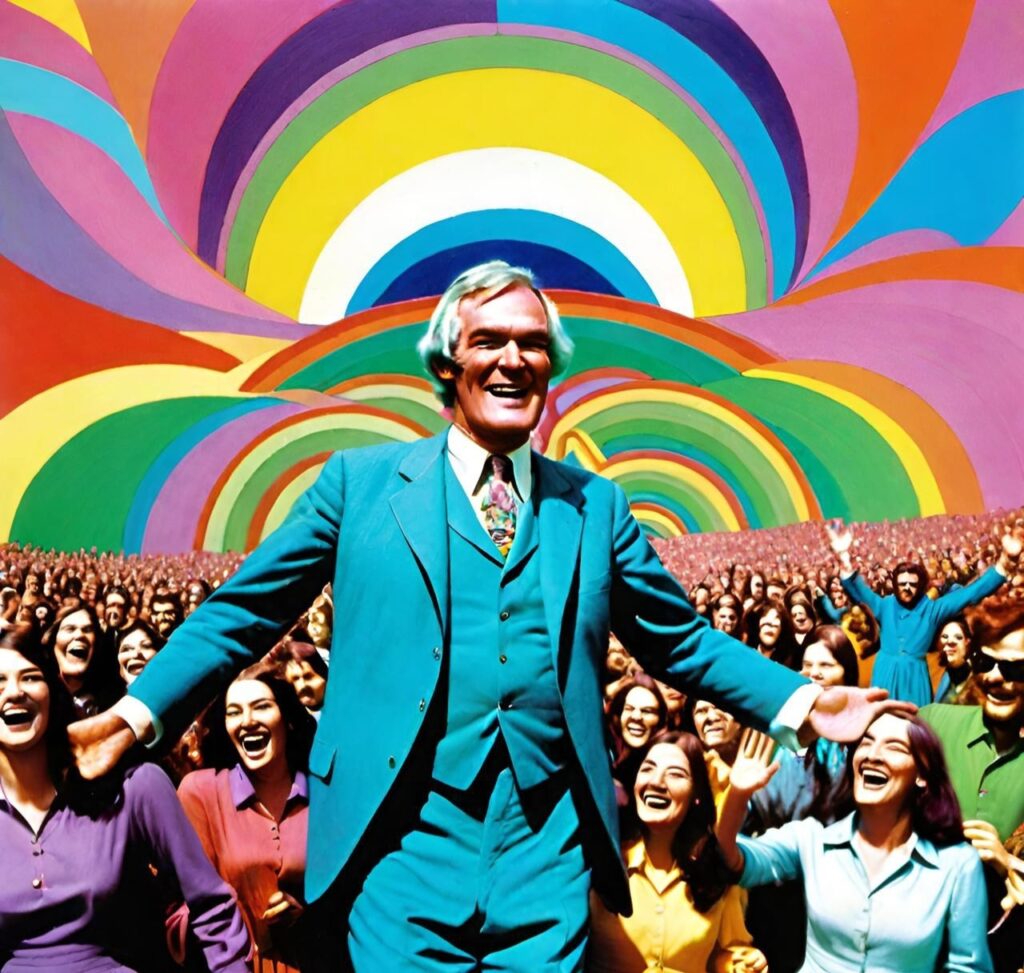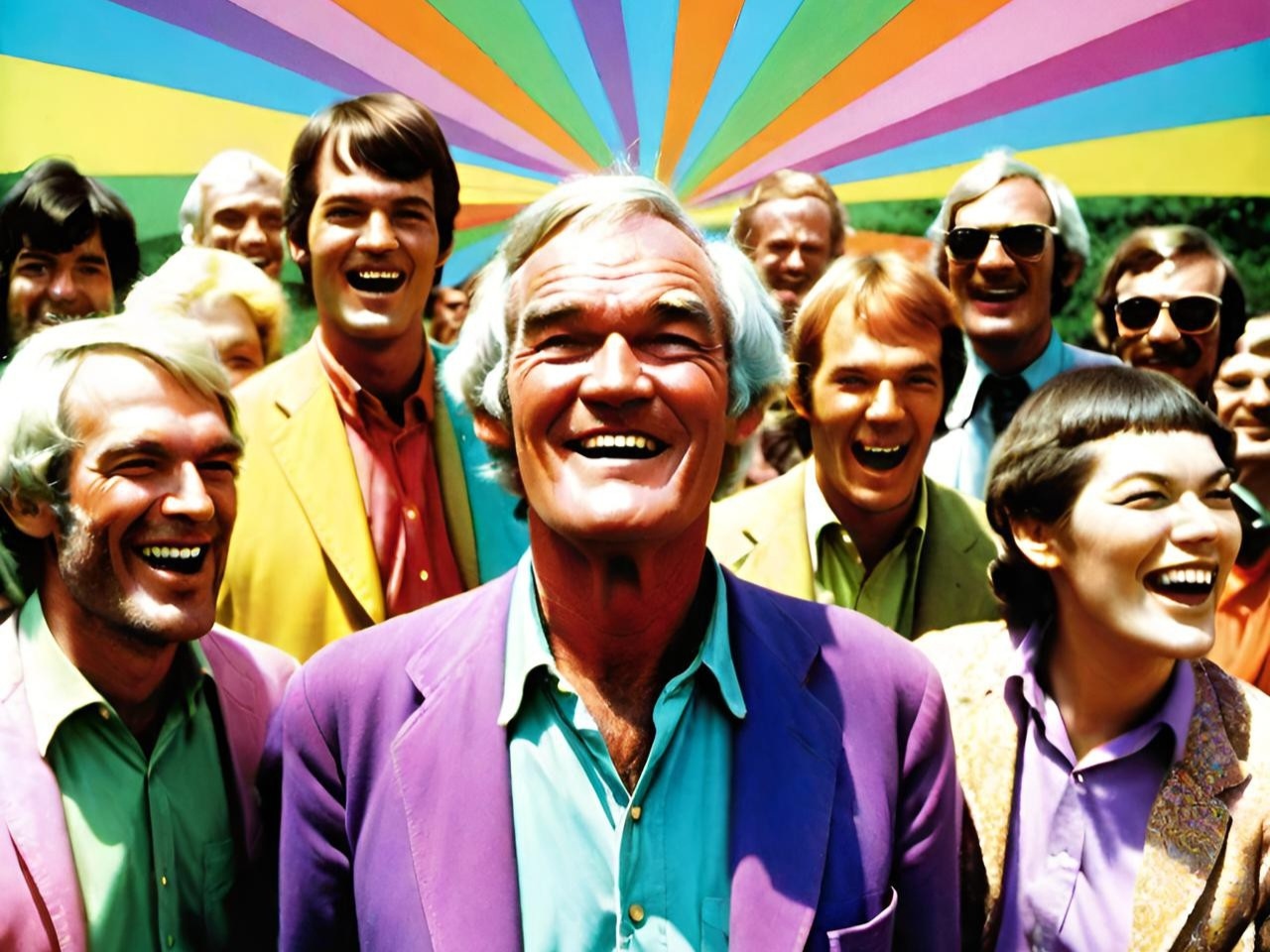In the early 1960s, a controversial and transformative chapter in the history of American academia and counterculture unfolded at Harvard University. This period featured a charismatic psychology professor named Timothy Leary, whose revolutionary experiments with psychedelic drugs such as psilocybin and LSD would leave an indelible mark on both scientific research and the cultural landscape of the United States.
Timothy Leary, a clinical psychologist with a penchant for pushing boundaries, joined Harvard University in 1959. By 1960, he had embarked on what would become a highly contentious research project. Leary, intrigued by the potential of psychedelic substances to unlock the mysteries of the human mind, began the Harvard Psilocybin Project alongside colleague Richard Alpert (who would later become known as Ram Dass).
The Harvard Psilocybin Project
The core aim of the Harvard Psilocybin Project was to investigate the therapeutic, spiritual, and innovative potential of psilocybin, a psychoactive compound found in certain mushrooms. Leary and Alpert administered the substance to a wide range of participants, including students, faculty members, and even notable intellectuals and artists of the time.
The experiments often involved guided sessions where participants would consume psilocybin in a controlled environment, with Leary and his team providing support and recording the effects. The experiences reported by participants ranged from profound spiritual awakenings and therapeutic breakthroughs to intense, sometimes disturbing, psychological episodes.
Ethical Controversies and Academic Backlash
Despite the initial enthusiasm, the project quickly attracted criticism for its ethical and methodological shortcomings. Administering potent psychoactive substances to students raised numerous ethical questions, particularly regarding informed consent and the potential for psychological harm. Reports of adverse reactions and the cavalier attitude towards the rigorous scientific protocol further fueled the controversy.
The academic community at Harvard became increasingly uneasy with Leary’s methods. By 1962, the situation reached a boiling point. The university administration accused Leary and Alpert of failing to adhere to proper research guidelines and of endangering the well-being of their participants. In 1963, both Leary and Alpert were dismissed from Harvard, marking the end of the Harvard Psilocybin Project.
Legacy and Cultural Impact
Although Leary’s academic career at Harvard ended in scandal, his influence on the broader cultural zeitgeist was just beginning. Leary became a prominent figure in the counterculture movement of the 1960s, famously coining the phrase “turn on, tune in, drop out.” His advocacy for the use of psychedelic drugs as tools for personal and societal transformation resonated deeply with the burgeoning hippie movement.
Leary’s work also left a lasting impact on the field of psychology and psychiatry. In recent years, there has been a resurgence of interest in the therapeutic potential of psychedelics. Contemporary research is increasingly validating some of the claims made by Leary and his contemporaries, albeit with much stricter ethical controls and scientific rigor.
Conclusion
The saga of Timothy Leary and his psychedelic experiments at Harvard remains a cautionary yet inspiring tale. It underscores the importance of ethical considerations in scientific research while highlighting the potential for groundbreaking discoveries when boundaries are pushed. Leary’s legacy is a testament to the enduring quest to understand and expand the human mind, a journey that continues to evolve in the realms of both science and culture.





